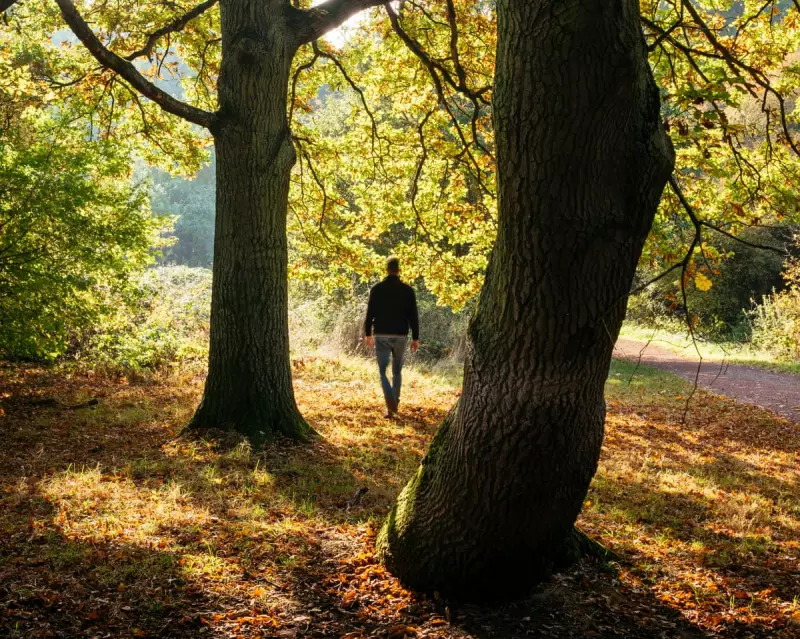
A groundbreaking global study has revealed a startling truth about Britain's relationship with the natural world. The UK ranks among the planet's least nature-connected nations, standing in stark contrast to countries like Nepal, which leads the world in this vital measure of environmental engagement.
The Stark Reality of Britain's Nature Deficit
The comprehensive research, analysing data from numerous countries worldwide, positions Britain near the bottom of the nature-connection scale. This finding highlights a growing concern about the nation's detachment from its natural environment despite having access to beautiful countryside and coastal areas.
Experts point to several key factors driving this nature disconnect:
- Urbanisation and modern lifestyles keeping people indoors
- Increased screen time replacing outdoor activities
- Busy work schedules limiting opportunities for nature engagement
- Lack of accessible green spaces in many urban areas
Why Nature Connection Matters More Than Ever
The implications of this nature deficit extend far beyond mere statistics. Research consistently shows that connection with nature provides crucial benefits for both mental and physical wellbeing. Regular contact with natural environments has been proven to:
- Reduce stress and anxiety levels significantly
- Improve mood and overall mental health
- Enhance cognitive function and creativity
- Promote physical activity and healthier lifestyles
Learning from Global Leaders: The Nepal Example
At the opposite end of the spectrum, Nepal demonstrates what strong nature connection looks like. The Himalayan nation's top ranking reflects a cultural and practical relationship with the natural world that permeates daily life. From agricultural practices to spiritual traditions, nature remains central to Nepalese society.
This contrast offers valuable lessons for Britain about integrating nature into modern urban living and rethinking our relationship with the environment around us.
Turning the Tide: A Call to Action
Environmental psychologists and conservation experts emphasise that reversing this trend requires concerted effort at multiple levels. They recommend:
- Policy changes to protect and enhance urban green spaces
- Educational programmes that prioritise outdoor learning
- Workplace initiatives that encourage nature breaks
- Community projects making nature accessible to all demographics
The study serves as both a warning and an opportunity for Britain to rebuild its relationship with the natural world, recognising that our wellbeing is fundamentally intertwined with the health of our environment.





